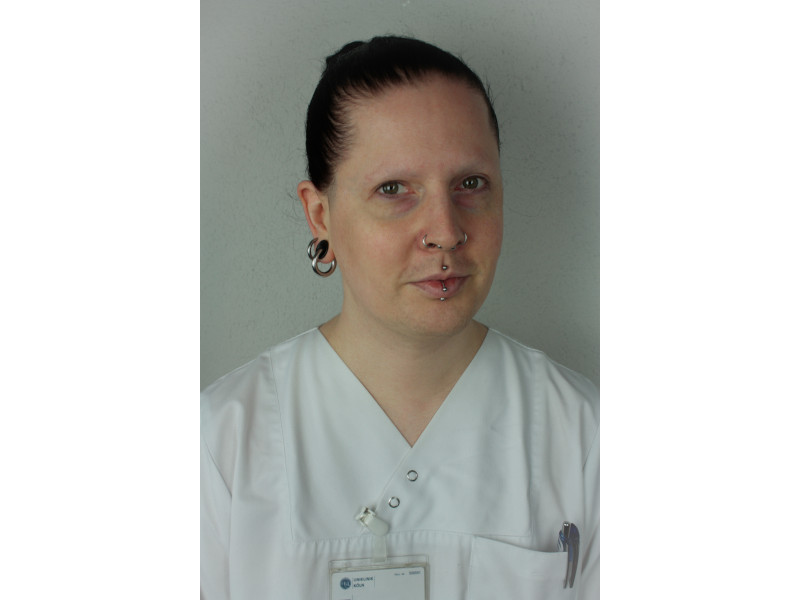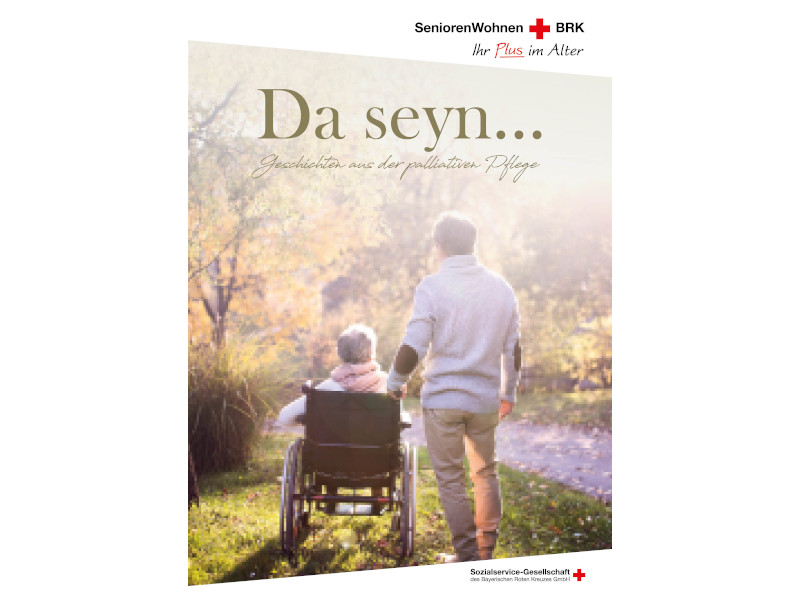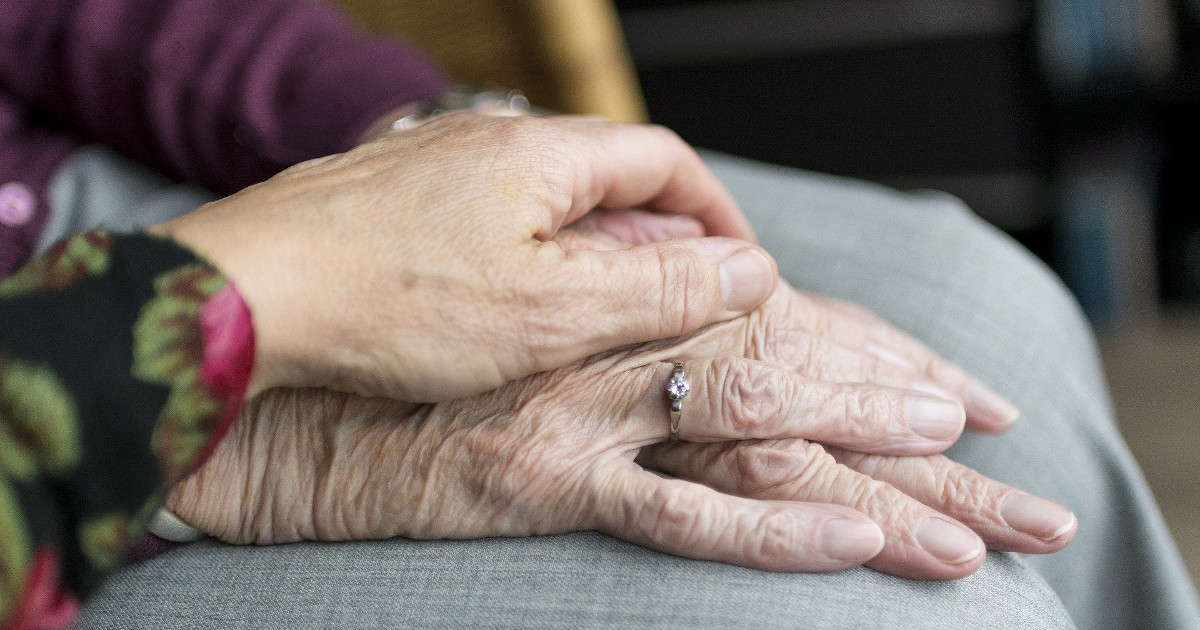Some people think of palliative care as a nurse who helps patients to die by giving them medication. Johannes-Christoph König, head of the palliative care unit and the palliative care consultation service at Cologne University Hospital, explains that the profession is much more than that.

Dying culture still seems to be a taboo. „Yet dying is just as much a part of life as giving birth. Likewise, the dying process can be associated with beauty,“ says König. Palliative care manages to do just that: maintain and improve the quality of life of the dying in the last stage of life, creating beautiful moments for patients and relatives. When admitted to his unit, König therefore first inquires about the dying person’s symptoms. „It is important for us to know which mental and physical pain is currently causing the most distress. After that, we classify treatment through medication or therapies,“ explains the trained health care and nursing professional.
Improving quality of life
Immediate action is then taken: First, the hospital’s specialists treat the symptoms with appropriate medication. Since everyone feels and expresses pain differently, the right medication can take a few attempts until it fits. Even during the time in the palliative care unit, the requirement for the medication can change. That’s why nurses ask their patients daily about their physical and emotional state.
„The patients‘ medication settings are accompanied by offers of accompanying therapeutic measures.“ After all, quality of life means not only not feeling pain, but also enjoying life. „Some patients die with us, but on other days they are still alive,“ smiles the 34-year-old. Thus, in addition to classic psychological support, the offers include creative approaches, such as music, painting or animal therapy. Above all, the clown therapy newly introduced at the university hospital brings joy and fun to the palliative care area. The clown’s spontaneous visits are enriching: „It’s nice that she takes the patients out of their everyday illness for a moment.“
Seeing relatives as patients
Also part of König’s daily routine is caring for friends and families. Especially when their loved one’s lifespan is only a few days away, relatives need assistance. „We see them as our patients,“ says the head of palliative care. So they can take advantage of the same therapies and prepare for the loss. „We are in close contact with these people,“ König emphasizes. That goes for his nursing staff, psychological counselors and the hospital’s grief counselors, he says. „Talking about fears with trained staff often makes things easier,“ observes the palliative care nurse. Patients and relatives often shy away from talking to each other about dying and death – for fear of burdening the other. Both sides can access the professionals at any time.
More than just end-of-life care
When asked why palliative care is more than just end-of-life care, König replies, „It’s simple: dying itself only takes place on one day. The other days are full of life.“ Palliative care, he says, is ultimately about just that: creating a special and conscious evening of life so that patients can fall asleep as relaxed and pain-free as possible in the company of those they know.

„Da seyn … wenn alles gesagt ist.“
A book about palliative care.
There’s the motorcycle-riding PDL who lost some of her friends early. And there’s the experienced palliative care physician who offers insights into his work. In 25 interviews, people talk about their daily lives in palliative care. From a nursing home cleaner and a volunteer to a funeral director and a facility manager, everyone answers the same five questions. What sounds formal provides emotional insights into the emotional lives of the protogonists. In the book, the interviews allow the reader to participate in the multi-layered palliative work. Impressively, it is about closeness and distance and dealing with death. The 140-page work of the Social Service Society of the Bavarian Red Cross is enriched by 20 instructions for action. There are suggestions for employee and family care, for mourning culture and it is about rituals that are important when saying goodbye.
„Da seyn“, can be obtained at a price of 16.80 euros from the Hansa bookstore, Vorderer Anger 211, Landsberg/Lech, buchhansa@kug.de.


